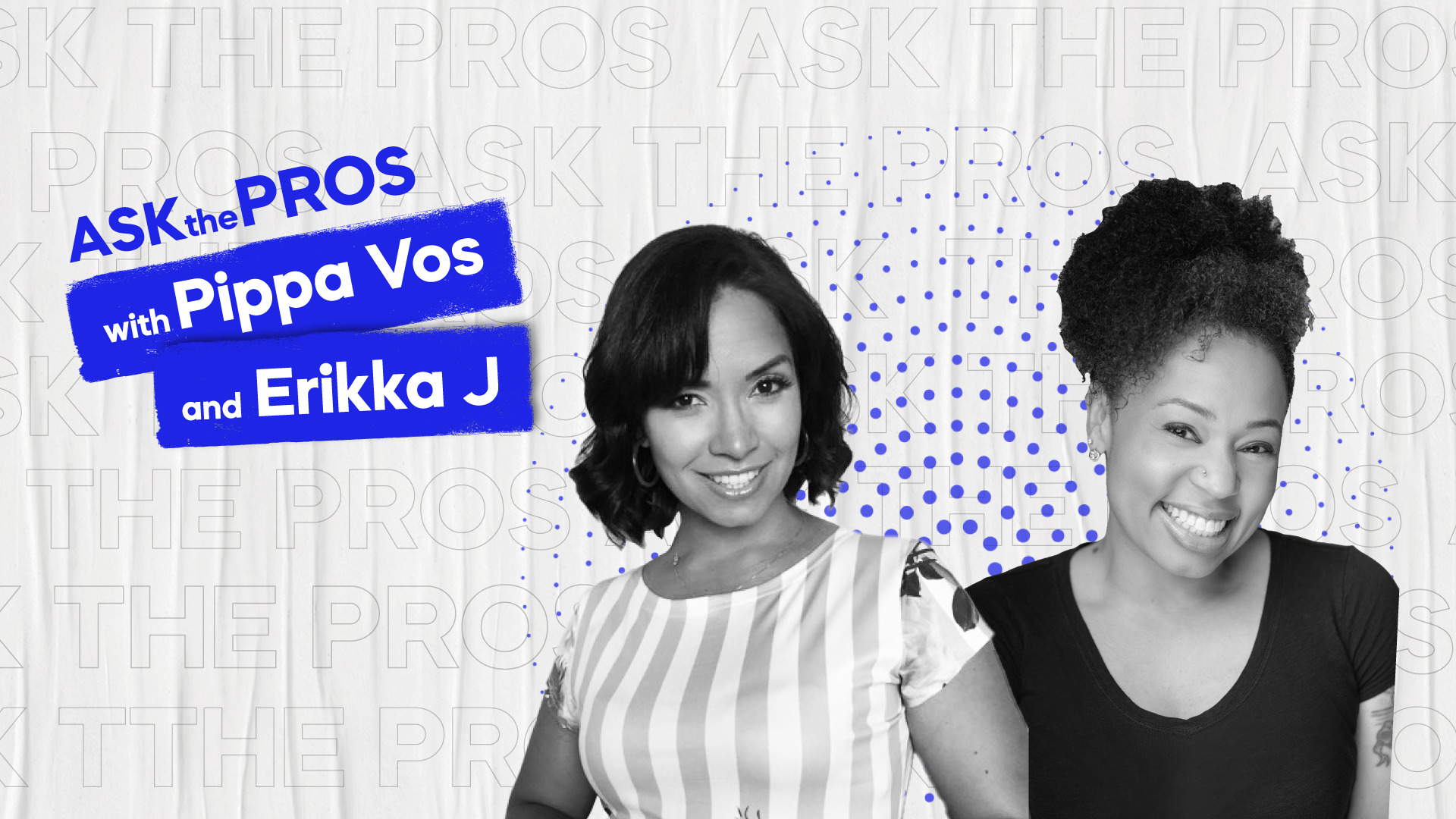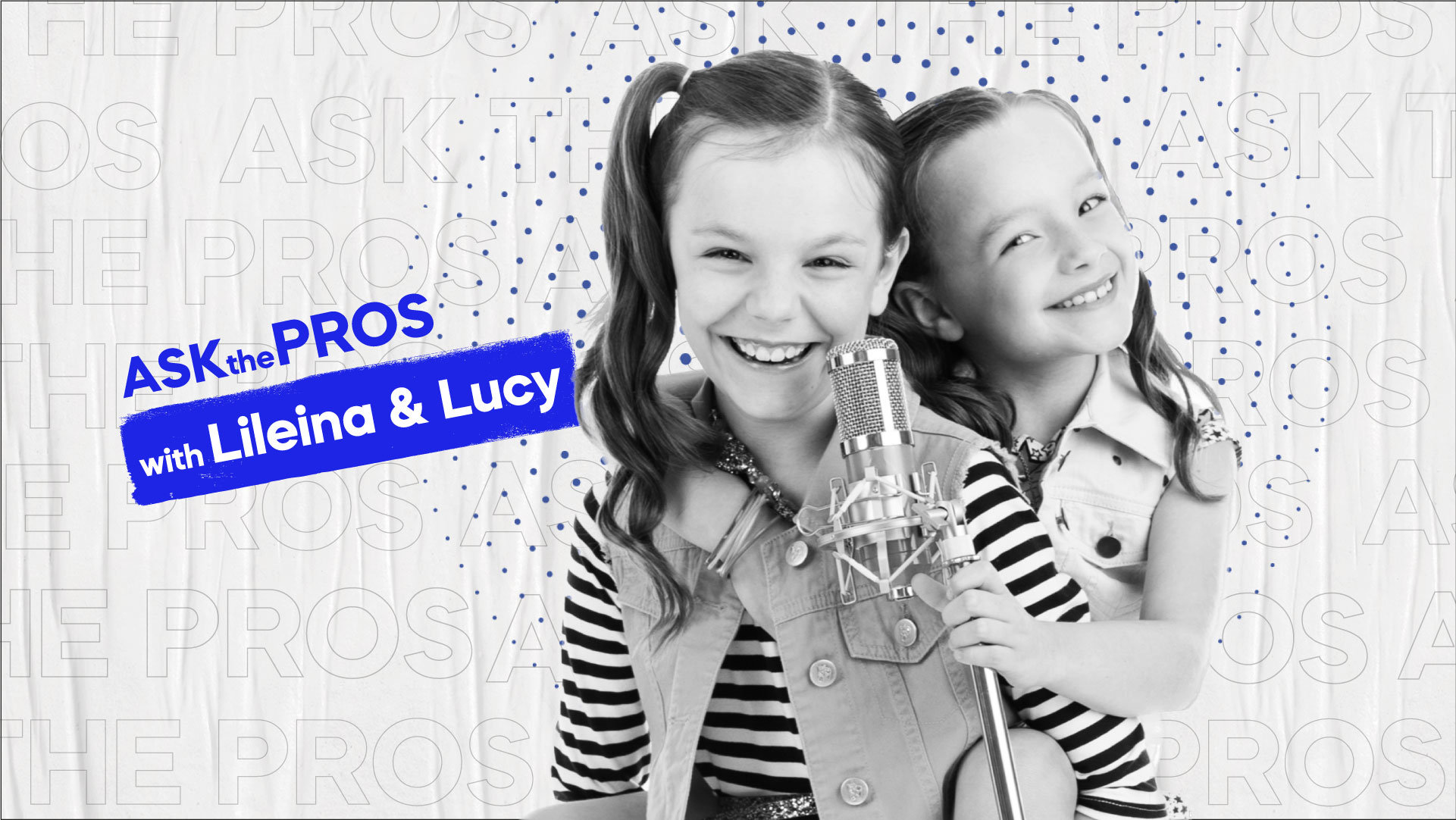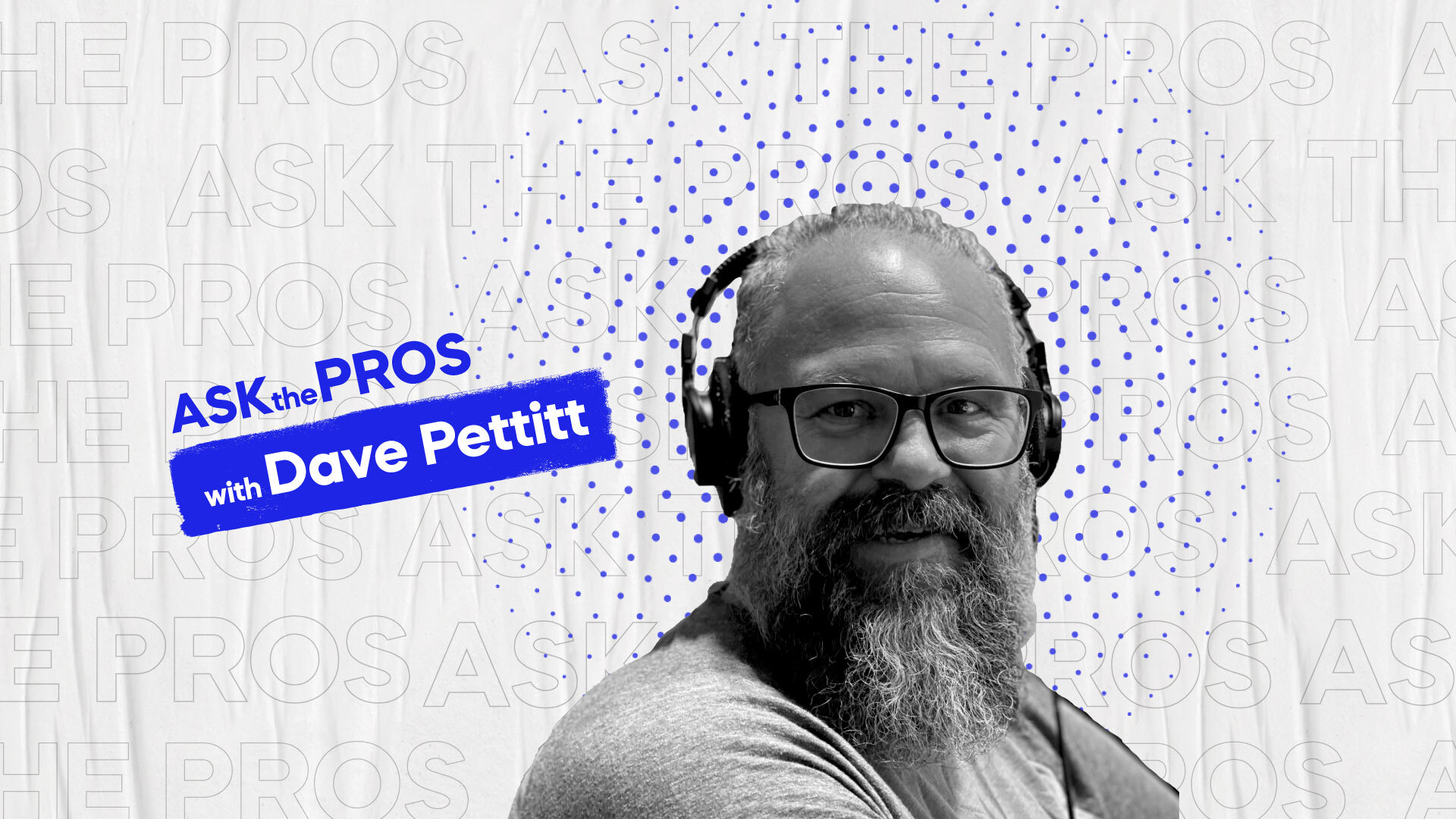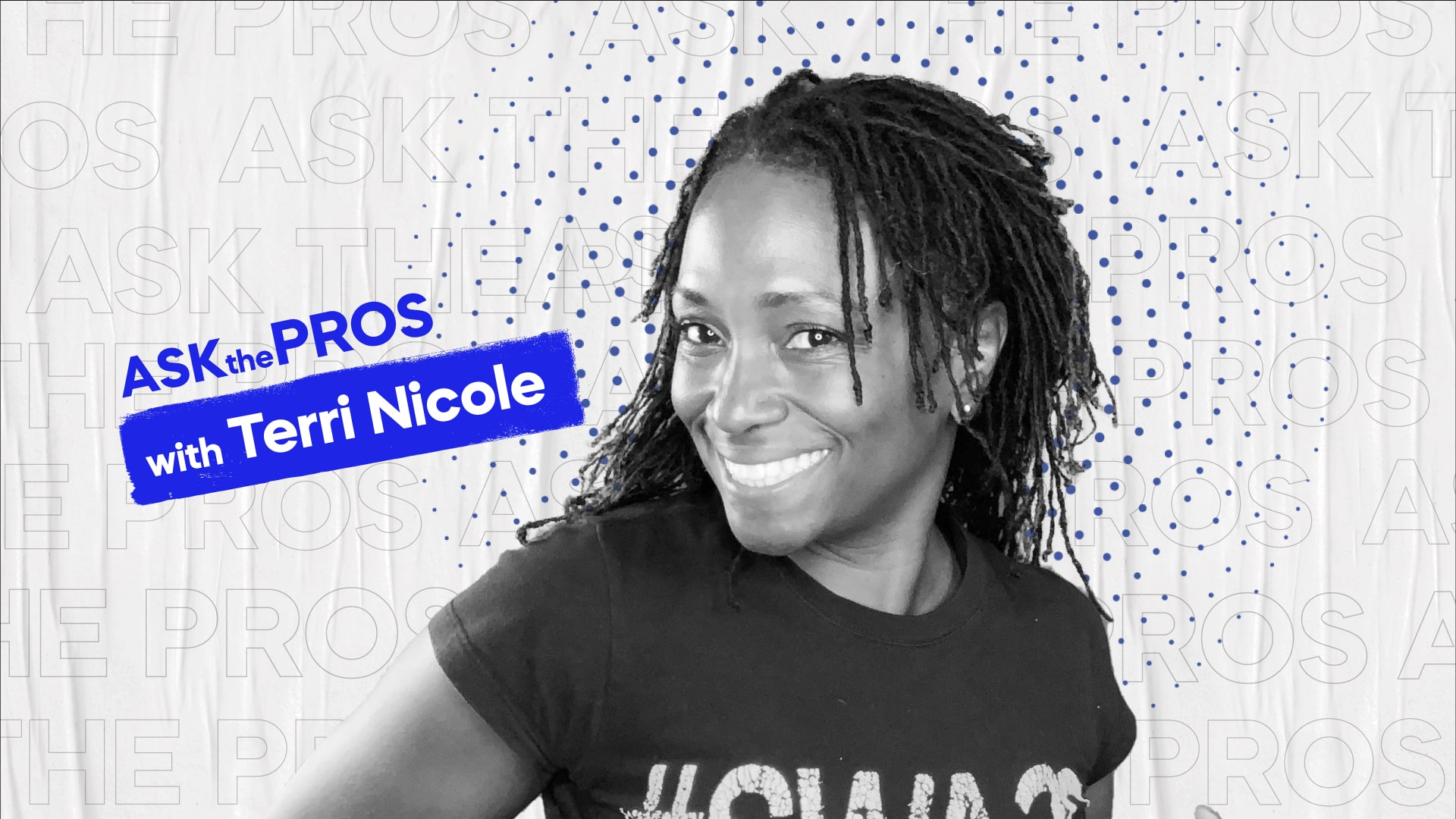
What is AI voice over
Ask the pros with Terri Nicole. Learn more about what is AI voice over, how AI voices are generated, what’s involved in creating and maintaining an AI voice as a voice actor, and how can it help your voice over career.
Terri Nicole, can you start us off by explaining what is AI voice over and AI dubbing, and what made you decide to pursue this?
An AI voice is created when a machine learns how to produce speech that sounds like you, making it available to a limitless number of purposes and clients who can license your voice for an endless array of projects. I chose to create mine because I got tired of running from the fear that AI voice over would eradicate my career. So, I decided to investigate it instead, and began to identify key players in the space I could trust who had the voice actor’s best interest in mind, such as the team at Lotas Productions.
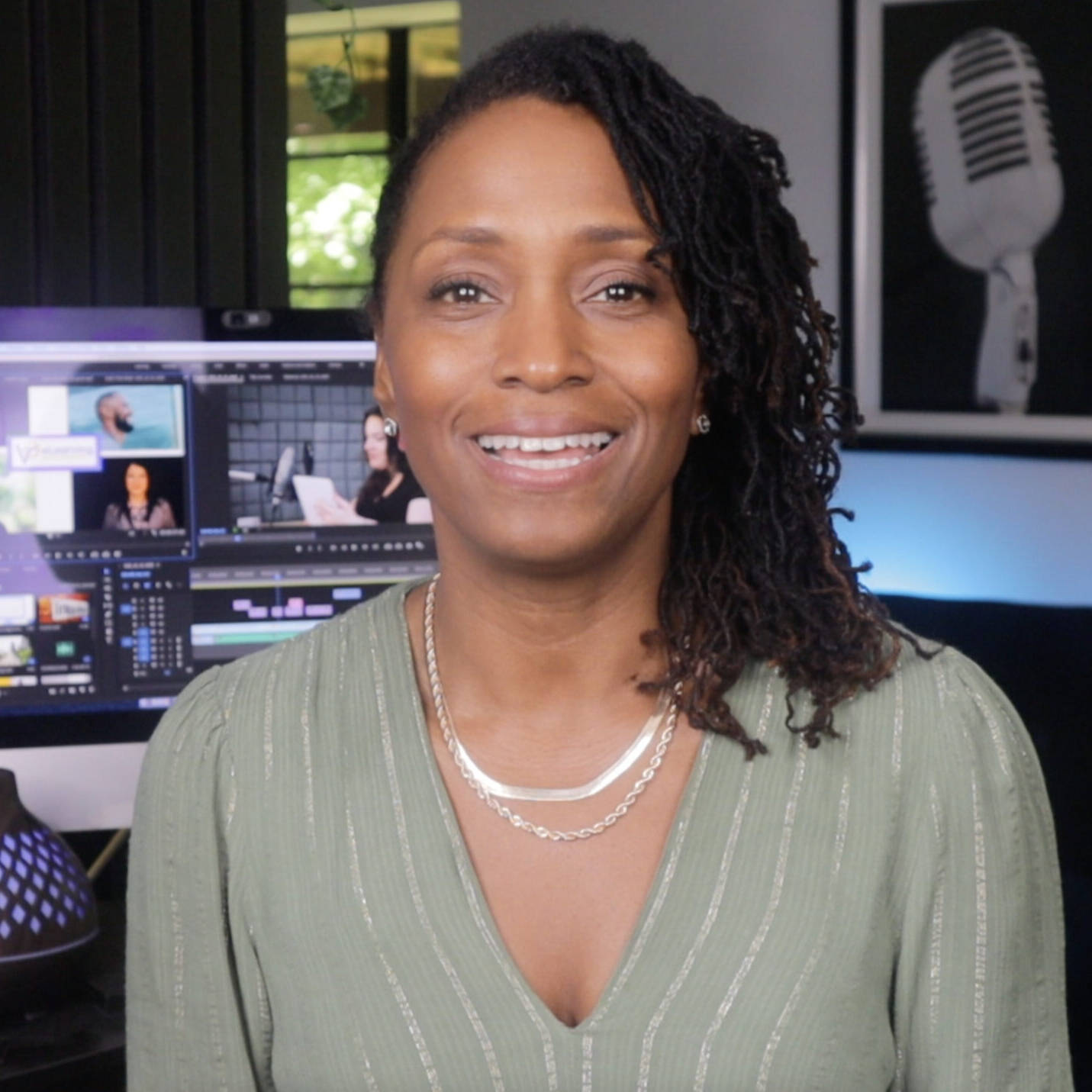
I chose to create my AI voice with a company that allows me to maintain a level of control over the use of it. So, I’m able to provide limitations on specific use cases as well as indicate my preferred genres of use.
That's a great summary; but what does it cost to have an AI voice on a yearly basis?
The building of my AI voice was funded by the company I contracted with, VocaliD, which was recently acquired by Veritone. Creating an AI voice requires training data, which you supply by recording a range of scripts into an audio interface (similar to recording into a DAW). The recordings and corresponding transcripts are used to “teach” the machine to enunciate the consonants and vowels like the speaker and even reproduce their intonation and speaking style. Once trained, the machine can take any new script and produce an audio sample that sounds like the original speaker. The AI voice can be licensed by a third party to create high volume, frequently changing content in the voice of the speaker.
While I do not know the exact cost, I believe the figure is approximately $10,000. It took me 5-7 hours to record around 3000 sentences that were assigned to me. I recorded them at my home studio, at my own convenience using VocaliD’s virtual Parrot Studio. You may see some companies asking for as little as 15 minutes of recorded voice and so 5 – 7 hours may seem like a lot. It’s important to remember that the quality of the voice is dependent on the quantity and quality of training data. The better the data, the richer and more authentic sounding the AI voice.
Can you share more about the amount of time you spend optimizing your AI voice?
I initially recorded approximately 90 minutes of audio which took around 5-7 hours to complete. Some of my recordings had hesitations or did not match the transcript which meant I needed to provide some additional audio to optimize the voice. In that way, we’re able to continually improve the quality of my AI voice.
It's definitely a process! Have you received any feedback from clients who have used your AI voice over services?
I was the first client to use my voice! During VO Atlanta 2020 (a voice over conference), I shared a talk called, Save the Drama for the Mic: VO Talent needs an innovation strategy in the wake of AI voices. It was surreal having my AI voice introduce me to the stage, with original music and all. I think that may have been the first time in history that was done. My enhanced voice is currently being built and once it is ready, I expect that there will be many clients who will want to license it.
Sounds exciting; but what about your mental health experience? What has that been like regarding the support and reaction from the voice over industry?
I knew there would be pushback, which I did address in my talk. When industries are disrupted, and most will be at some point, there is often enormous fear, focus on combating it, or avoidance of even thinking about the disruptive technology. But whether we accept the change or not, it doesn’t go away, even if you may not see its impact at first.
Learning about AI and dubbing has the benefit of helping you to make long-term decisions about your business, in ways that can strengthen it in the long run. Since exploring and learning more, I no longer see AI as replacing me, but rather as a way for me to earn additional revenue.
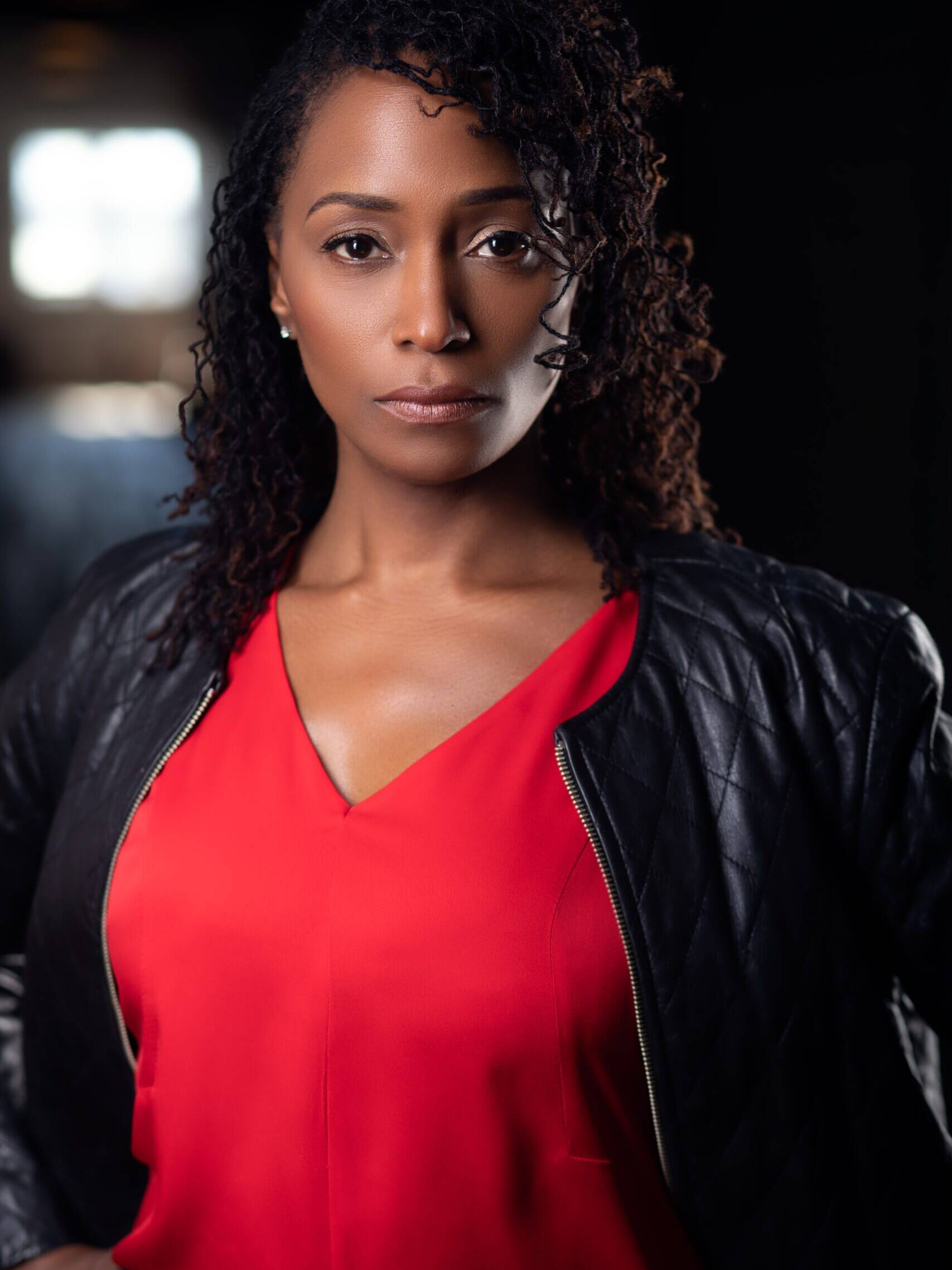
Also, as a woman of color, I am proud to have an AI voice that can be licensed by companies that want a diverse-sounding voice for their products and services. Just think of how often you hear voices of color as the voice of things, so it’s a huge opportunity.
Excellent points Terri! So, what kind of constant efforts does it require?
Just like a voice over artist, the AI voice must be marketed. Also, the AI provider needs to continuously improve the voice as technology changes. Sometimes that may mean recording more audio if the use cases change, but usually, they can use your original recordings to train newer models of the AI version of your voice.
So, consistency really is key. What final thoughts can you share on the process?
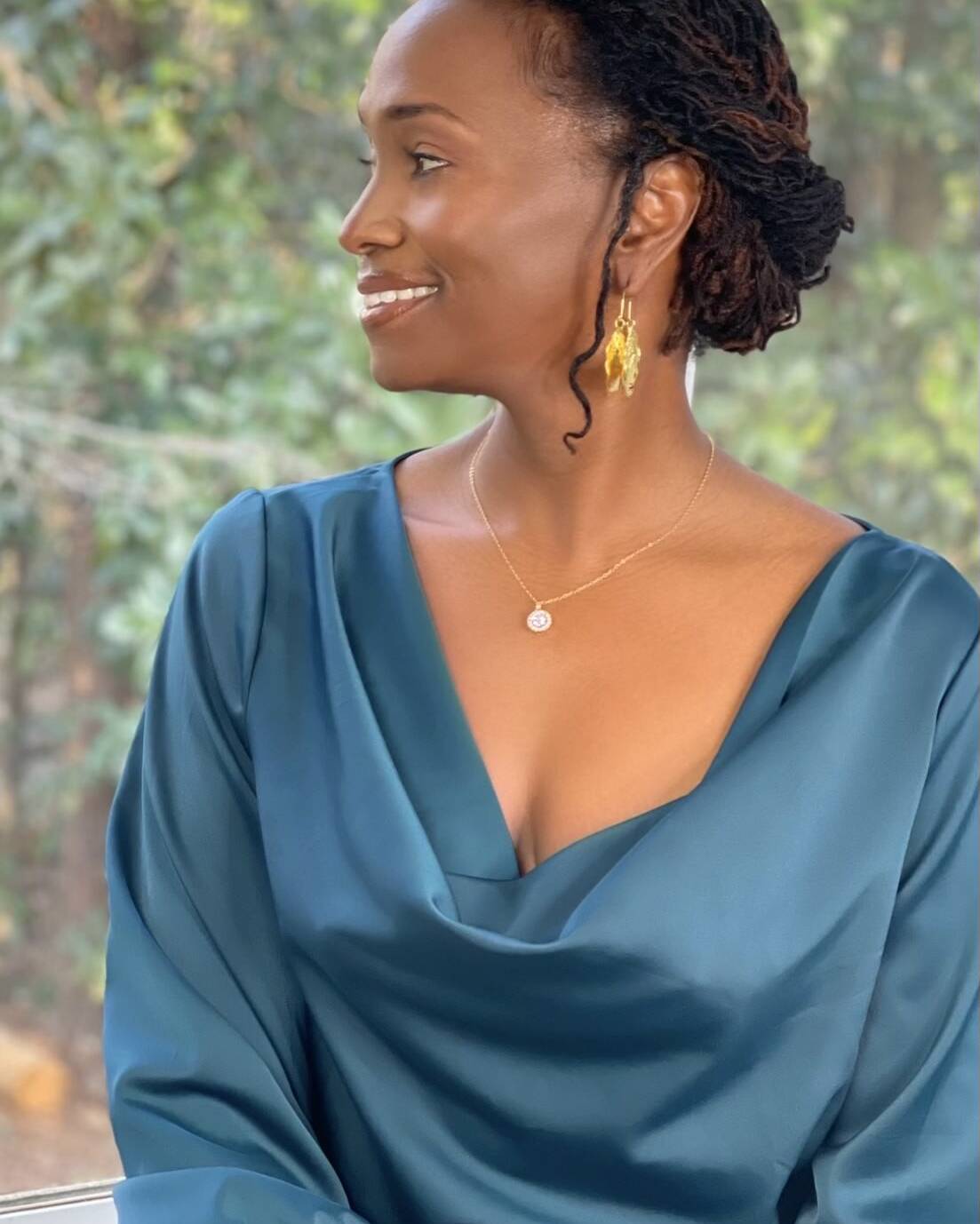
Getting involved at this early stage was not a snap decision. Having a background in Technology, Innovation and Education really helped me to begin to wrestle with what I was able to recognize as a disruptive technology, which would from all signs, gradually gain wider acceptance and adoption over time. I understood enough about the importance of embracing the curve and being early to the market to explore. Another factor that helped me to learn about and eventually have my voice created is that my trusted partner, Jim Kennelly of Lotas productions had been exploring the AI space and was partnered with VocaliD.
As a Black woman, I see great opportunity in being involved at the beginning of an industry, being present to examine the typical problems of early adoption – access, coded bias, educating my community of fellow voice actors, etc. If you’re not there, you can’t have a say in how things develop and what ideas and concerns are being given consideration. I feel confident in my partnerships that I can have dialogues and have my concerns considered.
Is there any advice you can share with voice actors who are just starting to learn about this technology?
As a voice talent, if you’re unnerved by AI, it’s ok. It’s totally understandable to reject or ignore something that feels threatening. But if you could channel that fear into curiosity and learn all you can about how these voice overs are being used and why it can only serve to help you to continue to make informed choices as you continue to grow your voice over career.
